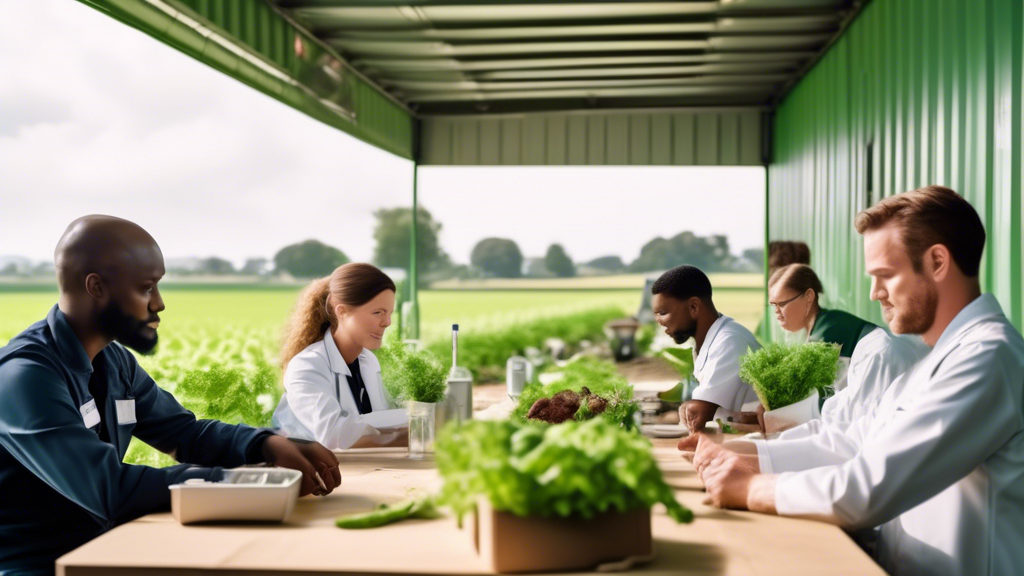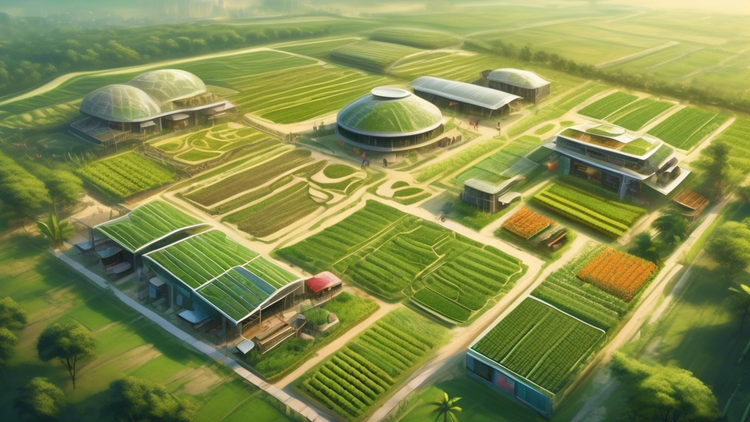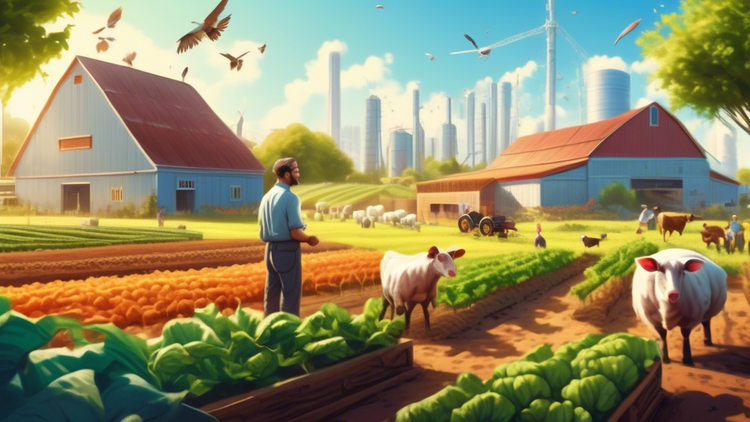State veterinarians in WC lead initiatives to increase agricultural exports.

The Role of State Veterinarians in Boosting Agricultural Exports in Western Cape
In the Western Cape, agricultural exports are a critical component of the economy, contributing significantly to regional and national economic stability. State veterinarians in the Western Cape (WC) play a pivotal role in this sector, spearheading various initiatives aimed at enhancing the quality, safety, and volume of agricultural exports. These measures not only boost economic growth but also ensure sustainable agricultural practices and uphold international standards.
Ensuring Compliance with International Health Standards
One of the primary responsibilities of state veterinarians in the WC is to ensure that all animal products destined for international markets comply with global health and safety standards. This includes regular health checks and vaccinations of livestock, certification of products, and rigorous disease surveillance and control. By maintaining high standards, state veterinarians help to:
- Open up new markets for local products
- Retain access to traditional markets
- Foster trust in WC agricultural products globally
Implementing Advanced Disease Management Strategies
To minimize the risk of disease outbreaks that could impact exports, state veterinarians implement sophisticated disease management strategies. These strategies involve:
- Early detection systems using advanced diagnostic tools
- Rapid response mechanisms to manage and contain outbreaks
- Ongoing research and adaptation of new veterinary science technologies
Such proactive measures are crucial for protecting the agricultural sector from potential crises and for reassuring international trading partners about the reliability of WC as a supplier.
Training and Education Initiatives
State veterinarians also contribute by training and educating farmers on best practices related to animal health and biosecurity. Educational programs are tailored to help farmers understand the importance of health regulations and how they can meet these standards to boost their products' marketability. Training covers:
- Proper animal handling and welfare
- Usage of veterinary medicines and vaccines
- Implementation of biosecurity measures to prevent disease transmission
This empowerment of farmers through knowledge and skill development leads to improved product quality and enhanced competitiveness in the global market.
Promotion of Sustainable and Ethical Farming Practices
In today’s market, sustainability and ethics play a significant role in consumer preferences. State veterinarians advocate for and assist in implementing sustainable farming practices that:
- Reduce environmental impact
- Ensure humane treatment of animals
- Promote long-term viability of farming communities
These efforts align WC agricultural products with international demands, particularly in markets where consumers are highly conscious of environmental and ethical considerations.
Impact and Takeaways
The initiatives led by state veterinarians in the Western Cape significantly impact the region's economic health and its reputation on the global stage. Here are some key takeaways:
- Risk Management: Effective disease control safeguards livestock populations and secures the income of farmers and all stakeholders in the agricultural value chain.
- Market Expansion: Compliance with international standards opens up new markets and secures existing ones, which is necessary for the growth and sustainability of the agriculture sector.
- Sustainability and Ethics: Promotion of sustainable practices ensures long-term success and aligns with global market trends.
Through these focused actions, state veterinarians contribute directly to the economic vitality of the Western Cape, supporting both the local economy and the broader national interests.
Here's a thought to consider
The ongoing efforts of state veterinarians in the Western Cape to enhance agricultural exports through rigorous health standards, disease management, and sustainability are critical to the region’s economic success. Their work not only secures the health and well-being of animals and humans but also stabilizes and grows the agricultural sector, paving the way for a robust economic future.
Looking for updates? Sign up to our newsletter for weekly snippets.





